It should come as no surprise that the dog is the clear standout of the movie. Max is utterly adorable and the audience’s reactions to the instances of psychological and physical threat to him are proof that animals can elicit so much emotion from us. Max is effectively used to shine a light on the Wincott family’s current state of affairs and ongoing struggles. The strained relationship between Justin and his father (Thomas Haden Church, Sideways and Spider-Man 3) is engaging but these moments are few and far between. The third act drags on for quite a bit before reaching its predictable resolution. However, there is a great fight scene where Max shows off his ferocious side by taking on two dogs. Also, there isn’t really much for the supporting cast to do because of the focus on Max and several of the characters feel thrown in for good measure rather than to serve the narrative. Max deals with some pretty heavy subject matter and had the overall tone of the movie been a shade darker, I feel that it would have left more of an impact on me.
While Max falls short of what I had expected, there is enough here for families to enjoy should they choose to see it. There is no doubt that many people who have at some point been through similar circumstances will relate and find Max poignant. It is ultimately a film about dealing with loss and who certain individuals emerge as in the aftermath of that tragedy.
Grade: C+

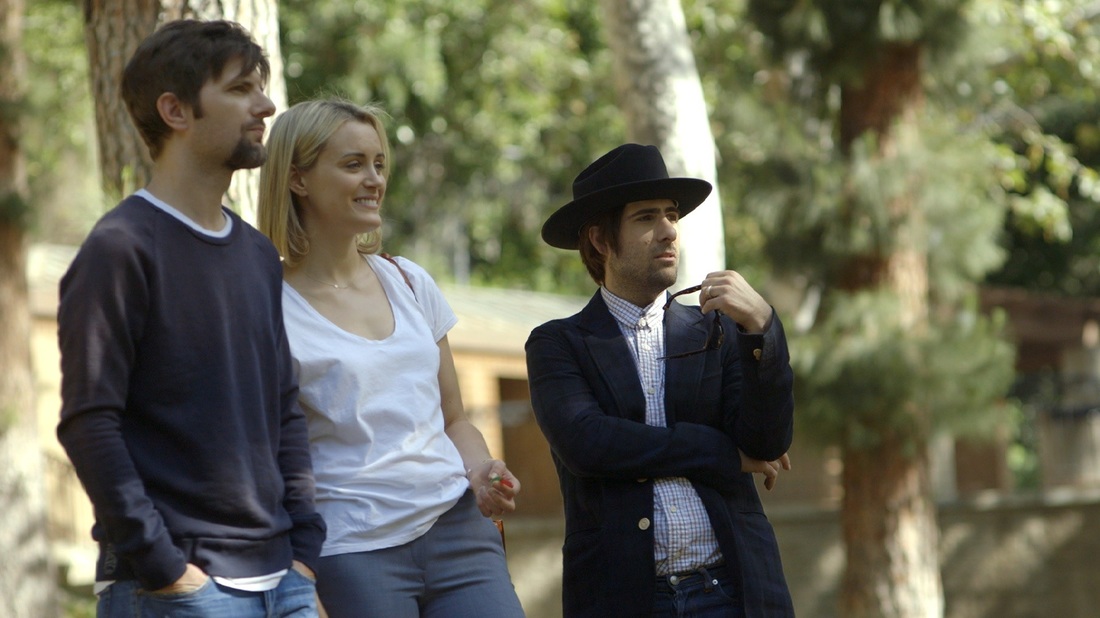
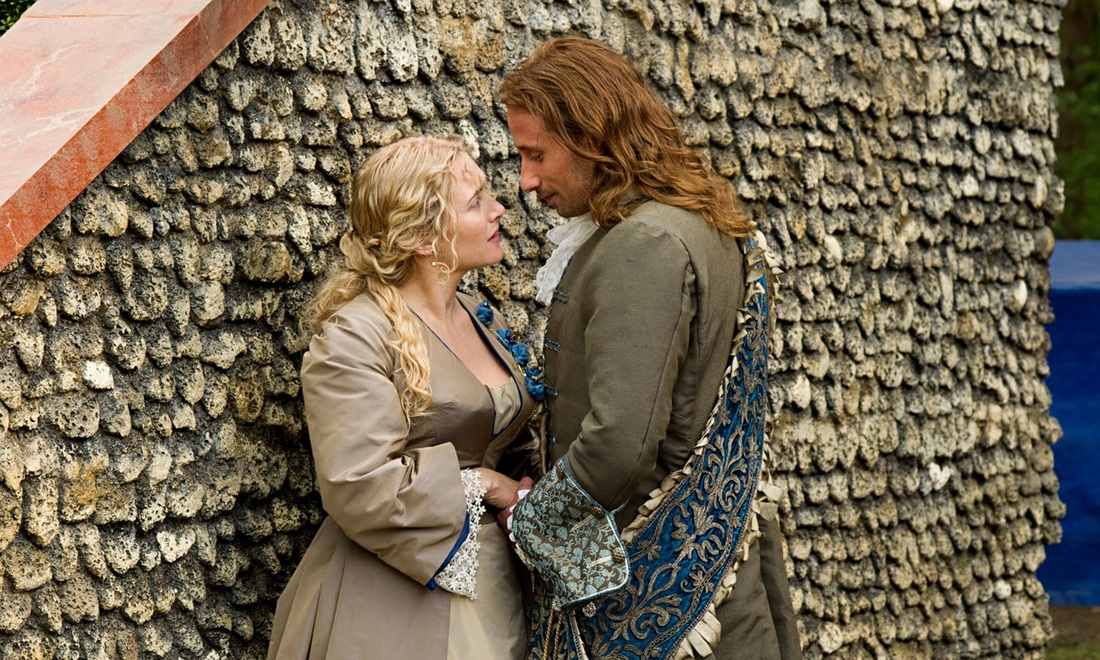
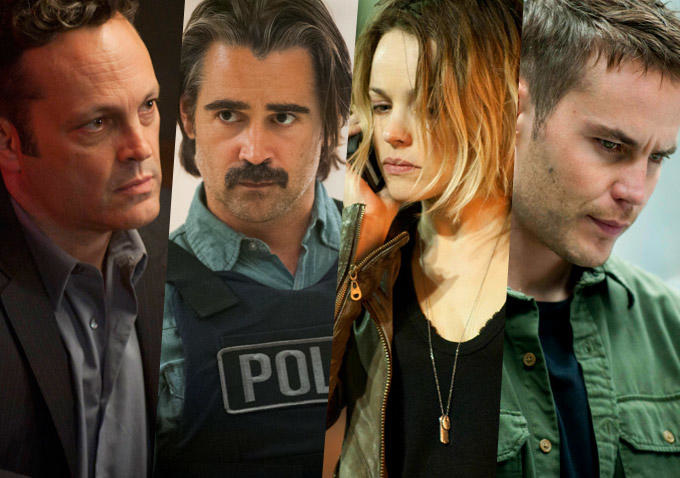
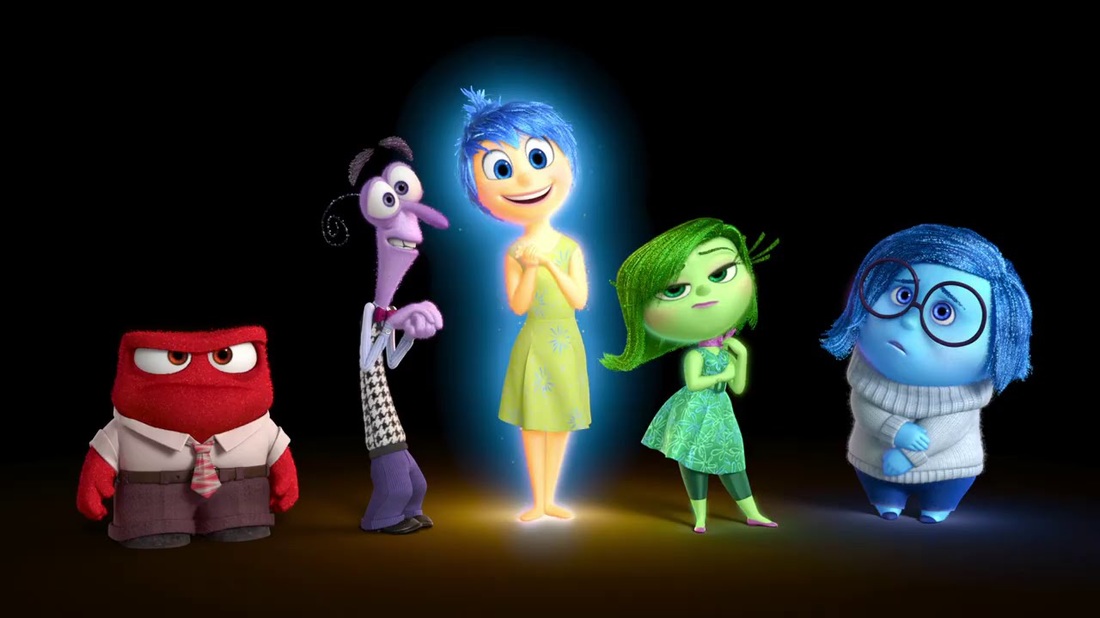
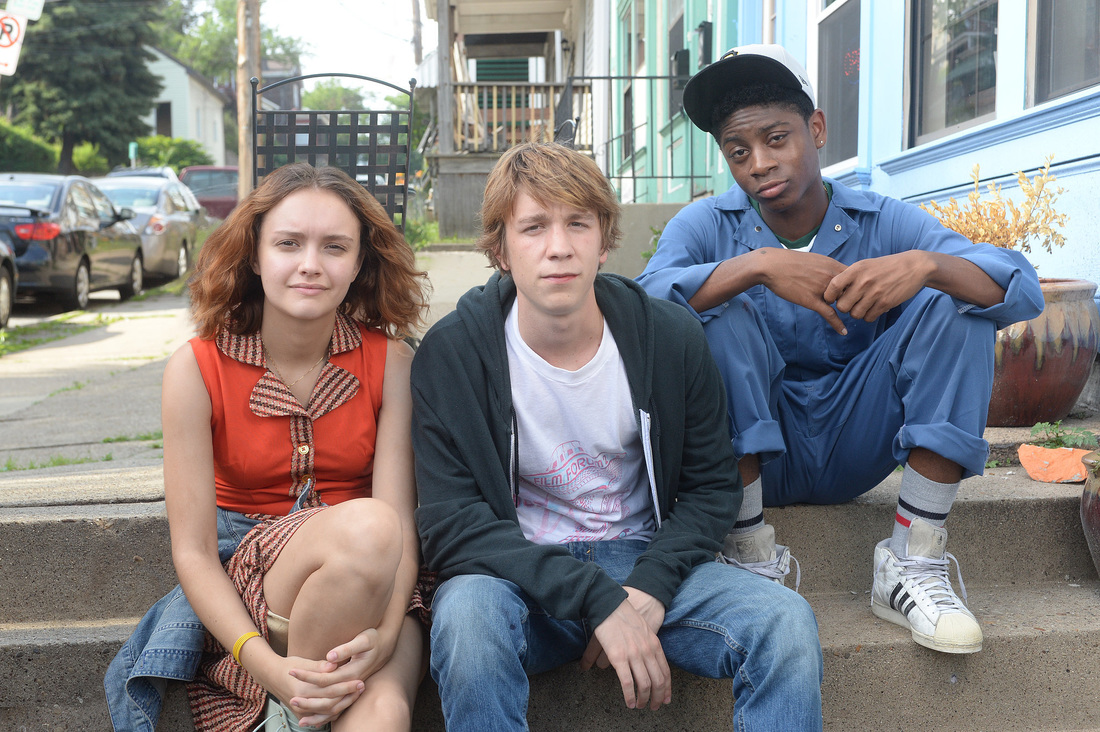
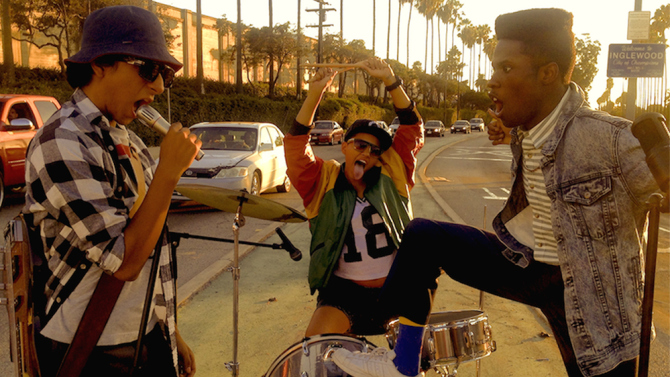
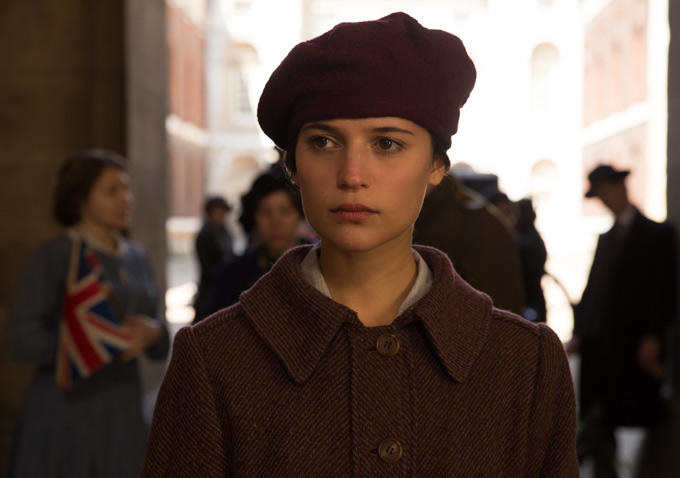
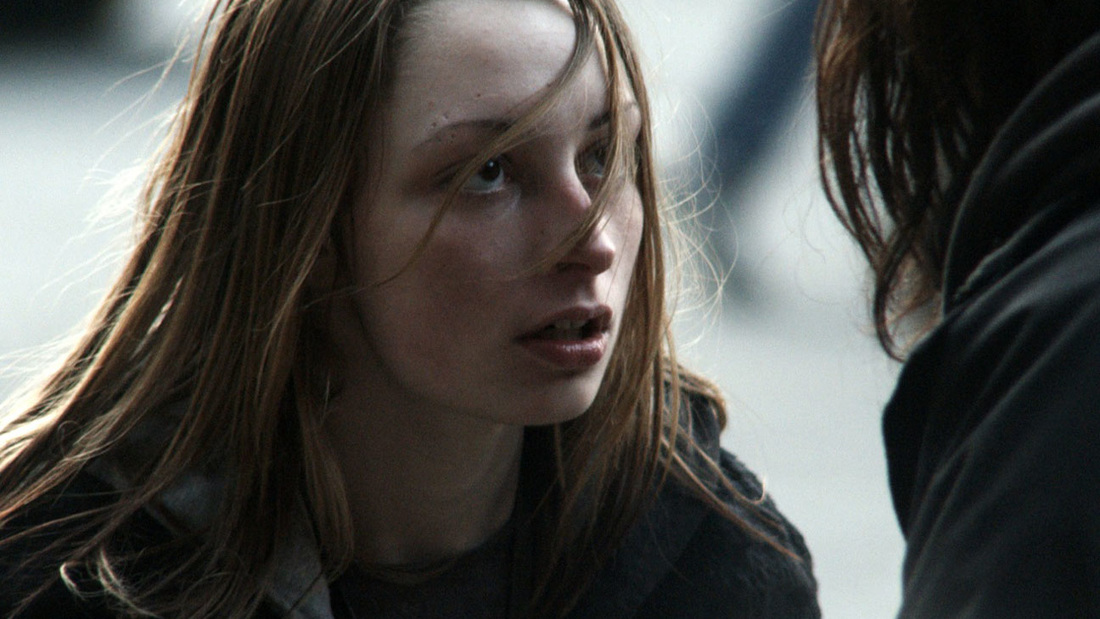
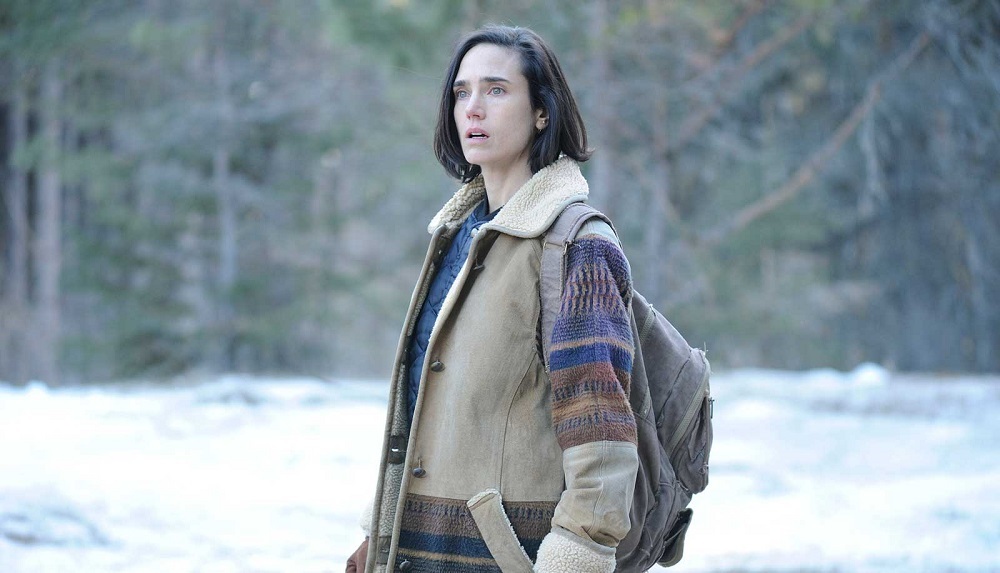
 RSS Feed
RSS Feed
